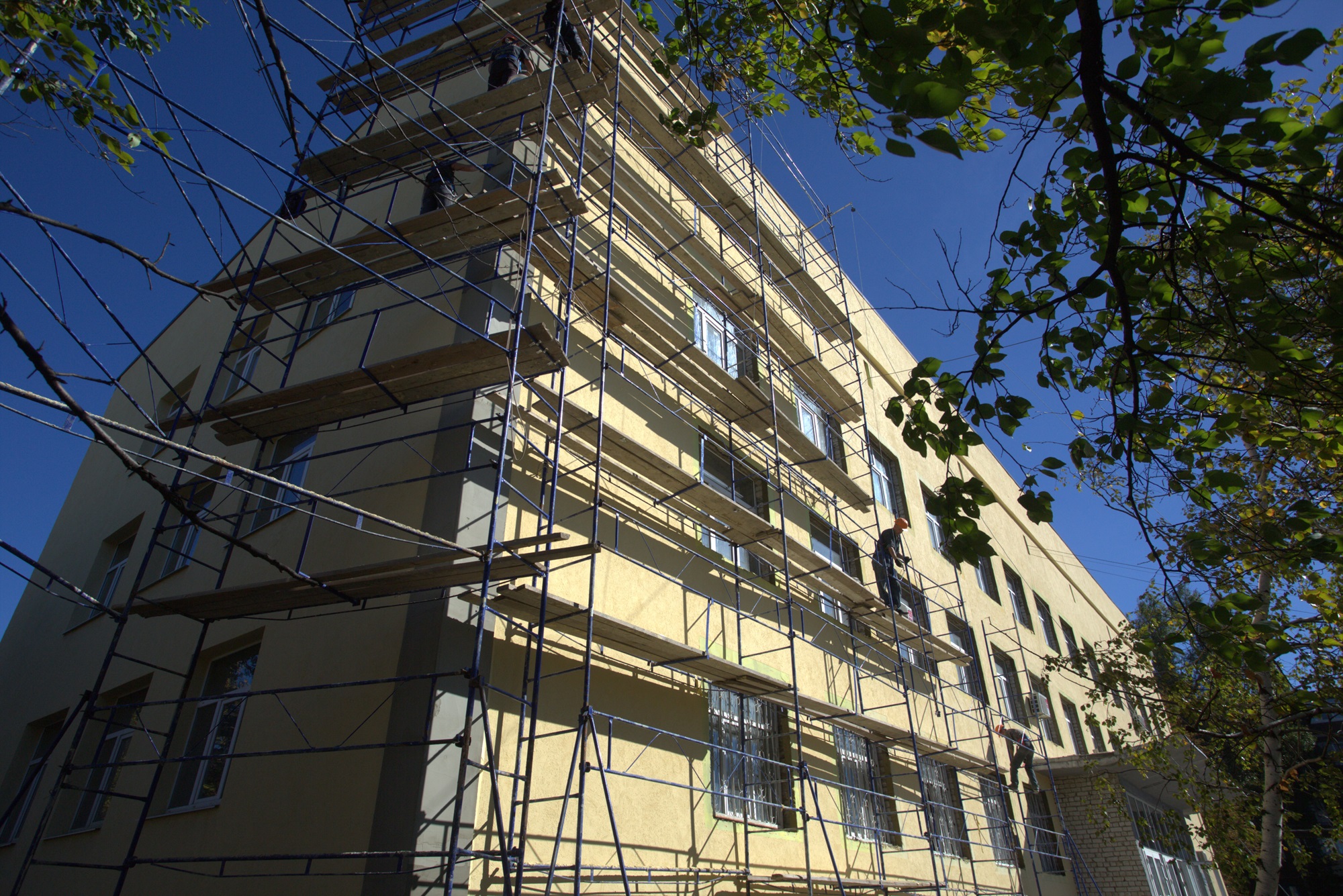Siding with the Palestinian cause is, for many in Ireland, a natural state. One underdog in solidarity with another, this time against Israel rather than the historical British ‘oppressors’. But post-October 7, this is little more than identity politics writ large. Because a crude mix of atavism and bastardisation of fact is the grim facade for the disturbing level of antisemitism and anti-Israel sentiment in Ireland today.
There is historical context. Ireland was ‘neutral’ in World War Two. In 1980, it became the first EU nation to call for Palestinian statehood. And since 7th October particularly, Irish discourse has been infected literally from the ground up. Pro-Palestinian students sit in tents plastered with grotesque and inaccurate charges of Israeli ‘genocide’, their soundtrack the music of the vile band Kneecap. A County Donegal pub refuses to serve Zionists; business is booming. A Dublin bookshop has sold out of Hamas leader Yayya Sinwar’s book, who they call ‘heroic’.
Often, Irish political leaders are no better.
Get The Jewish News Daily Edition by email and never miss our top stories
Free Sign Up
The nation’s president, Michael D. Higgins, cultivates an avuncular image, but the keffiyeh absurdly draped around his neck betrays his true strength of feeling. He is nothing if not consistent: mourning Yasser Arafat; objecting to Hamas being labelled terrorists; calling for the Irish to boycott Israeli goods.
His rhetoric hardened recently, culminating in claims Israel leaked a letter he’d written to Masoud Pezeshkian on his appointment as Iranian president. In fact, the Iranian embassy in Dublin had published an acknowledgement of his letter. Last week, he claimed Israel had breached the sovereignty of three countries and wanted a settlement in Egypt.
In his opening remarks as Prime Minister in April, Simon Harris criticised Israel’s actions, but did not mention Hamas’s Israeli hostages.
When Israel closed its embassy in Dublin recently, Harris called it “the diplomacy of distraction” (distracting of course from Netanyahu’s treatment of Gazan children). The Israeli foreign minister Gideon Sa’ar has called Harris antisemitic.
Palestinian ‘journalists’ were celebrated by Irish counterparts in Ireland this week, with seemingly no acknowledgement that the Gazans are often simply Hamas propagandists
These days, there are no Jewish members of the Irish parliament, though brave Jews such as the former minister Alan Shatter continue to speak out. PhD student Rachel Moiselle and the Irish-based Israeli citizen Karen Ievers are some of the few pro-Jewish public voices alongside him.
Harris’s deputy, and a rival party leader, Micheál Martin, as foreign minister, was one of the first senior international politicians to visit Kibbutz Be’eri, from where a nine-year-old Irish-Israeli girl, Emily Hand, was kidnapped by Hamas terrorists on 7 October.
Peter Cardwell
Like so many, Martin now seems to have abandoned what leadership he showed and has joined the effort to retrofit the definition of genocide to target Israel.
Emily, released after 50 days, and Kim Damti, an Irish woman murdered by Hamas on 7 October, are barely mentioned now.
The media is too often complicit. Palestinian ‘journalists’ were celebrated by Irish counterparts in Ireland this week, with seemingly no acknowledgement that the Gazans are often simply Hamas propagandists. Figures from the ‘Gaza health ministry’ are trotted out without question or context in terms of their origin and likely veracity.
As a frequent visitor to Dublin, I know the decency and humanity of many Irish people. Some I have spoken to in recent days in Dublin are privately uncomfortable with the overwhelming and extreme leftist anti-Israel and antisemitic rhetoric, yet feel they have no option but to stay silent for fear of being targeted or ostracised.
Will anything change this?
Howard Lutnik, the Cantor Fitzgerald CEO who will be US Commerce Secretary in the Trump administration, is critical and sceptical of Ireland’s tax system, its surplus and the role of American companies based in Ireland, attracted by its low corporation tax. He is also very pro-Israel.
The Irish-American relationship from next month will, as a result, be fascinating to observe in this context, especially as new coalition forms in Ireland. The realpolitik of economic relations may help dial down the anti-Israeli rhetoric.
Peter Cardwell is a a presenter on TALK and originally from Northern Ireland











